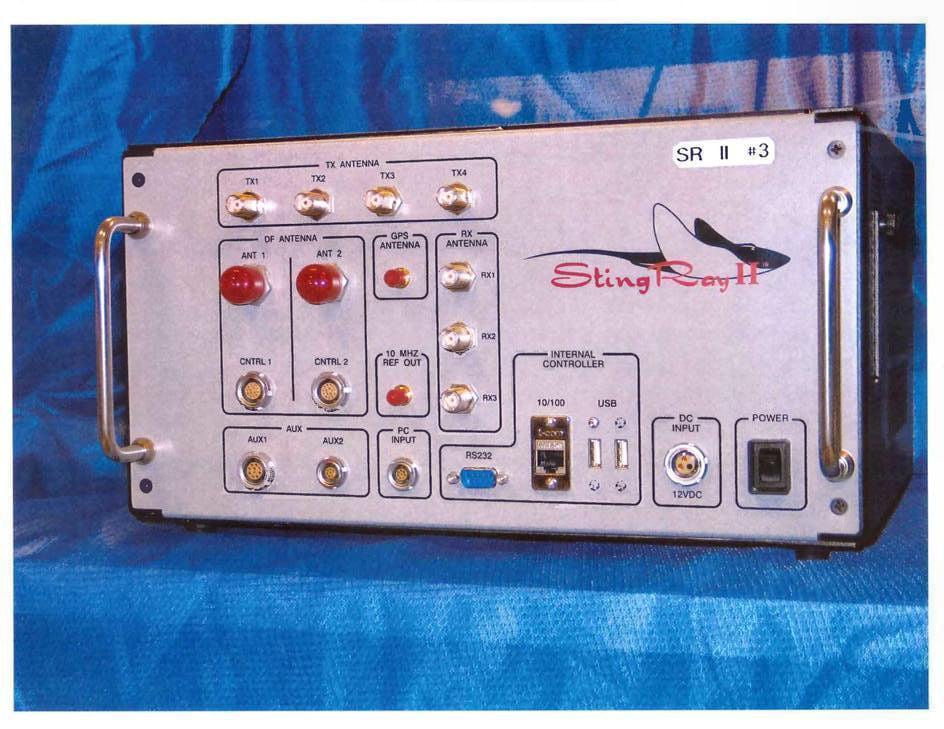PHOENIX — Letting people know how police can track cellphone users without their knowledge or consent would not be in the “best interests of the state,” a lawyer for the city of Tucson is arguing.
In a new filing with the state Court of Appeals, Dennis McLaughlin, the city’s principal assistant attorney, does not dispute that the materials sought by the American Civil Liberties Union on behalf of a freelance reporter fit the legal definition of “public records.”
“Nor does the city dispute that under Arizona law, such records are initially presumed open to public inspection,” he told the court.
But McLaughlin said there are “long- and well-recognized exceptions to this public right of inspection,” including that disclosure would not be in the best interests of the state. And that, he said, is the case here.
With whoever loses likely to seek Supreme Court review, the outcome of the case has implications beyond Tucson.
It could open the door for similar requests of other police agencies around the state that may have obtained similar technology.
Potentially more significant, it could provide a window for anyone to get details of exactly how police use the equipment — and even find ways of evading detection. McLaughlin said it is that point that resulted in the FBI asking the city to keep the information confidential.
At the center of the issue is a device created by Harris Corp., known as StingRay.
In essence, it relies on the fact that in order for cellphones to send and receive calls, the network must know where they are. Cell technology has phones log in with cell towers so calls can be routed correctly.
What is known is that the device fools a cellphone into thinking it is an actual cellphone tower. And that causes the phone to report back, allowing police to track its location, even if the phone is not in use.
The device is portable, meaning police can go door to door looking for the phone they want — and more to the point, the user.
And the city has conceded it has not obtained warrants in the instances it has used the device.
The city did provide some details on four cases where it used the device. But it rejected the request by Beau Hodai for more, including a Power Point training presentation, an operational manual prepared by the manufacturer and quick reference guides. Hodai, represented by ACLU attorney Dan Pochoda, then sued.
After reviewing the disputed materials, a trial judge accepted the city’s argument that the materials were exempt from disclosure. The ACLU sought appellate court intervention.
In asking the appellate court to dismiss the appeal, McLaughlin cited an affidavit by FBI Special Agent Bradley Morrison. McLaughlin said the agent said criminals who have access even to pieces of this information could use it to find ways to defeat the equipment.
“The release of the records will not only harm TPD’s investigative techniques but also harm the interests of the FBI, the Department of Homeland Security, and other law enforcement agencies throughout the country that use the same technology to fight crime and terrorism,” McLaughlin told the appellate court.
“Agent Morrison is uniquely situated to understand the workings of this technology and exactly how it could be exploited by criminals and terrorists if revealed,” he continued. “In totality, all of the information provided to the court demonstrated that if the records are disclosed, it is entirely foreseeable that irreparable public harm may result.”
McLaughlin also told the court that it should deny the records even if the public already knows some of how the technology works, as further disclosure could help criminals. And he said if all the information is already available elsewhere, then there’s no need for Tucson police to surrender their documents.
Pochoda has argued that Tucson needs to prove that releasing the records would result in a specific harm. He said that means more than contentions that the information is sensitive or that its disclosure would reveal investigative techniques.
No date has been set for a hearing.





